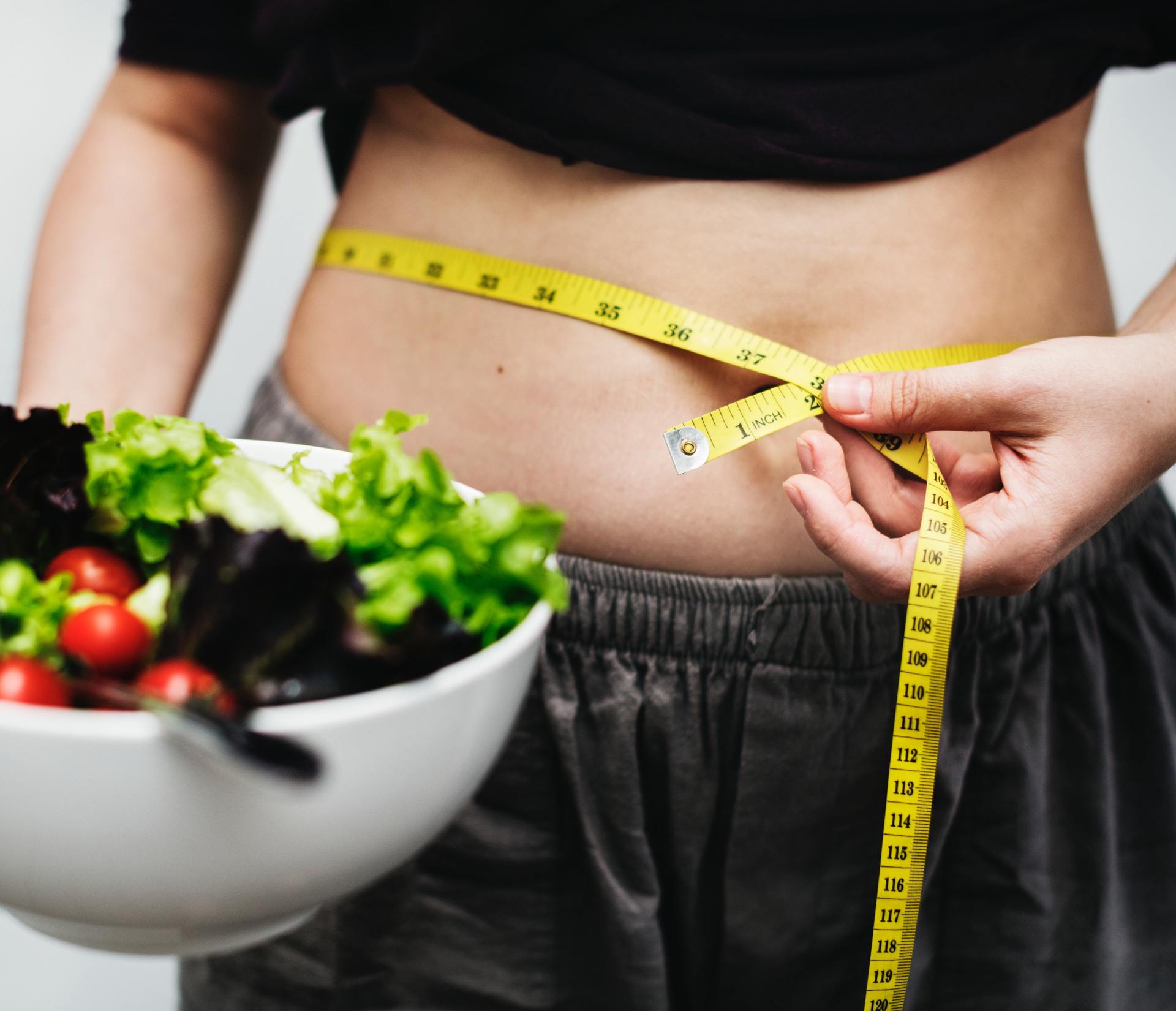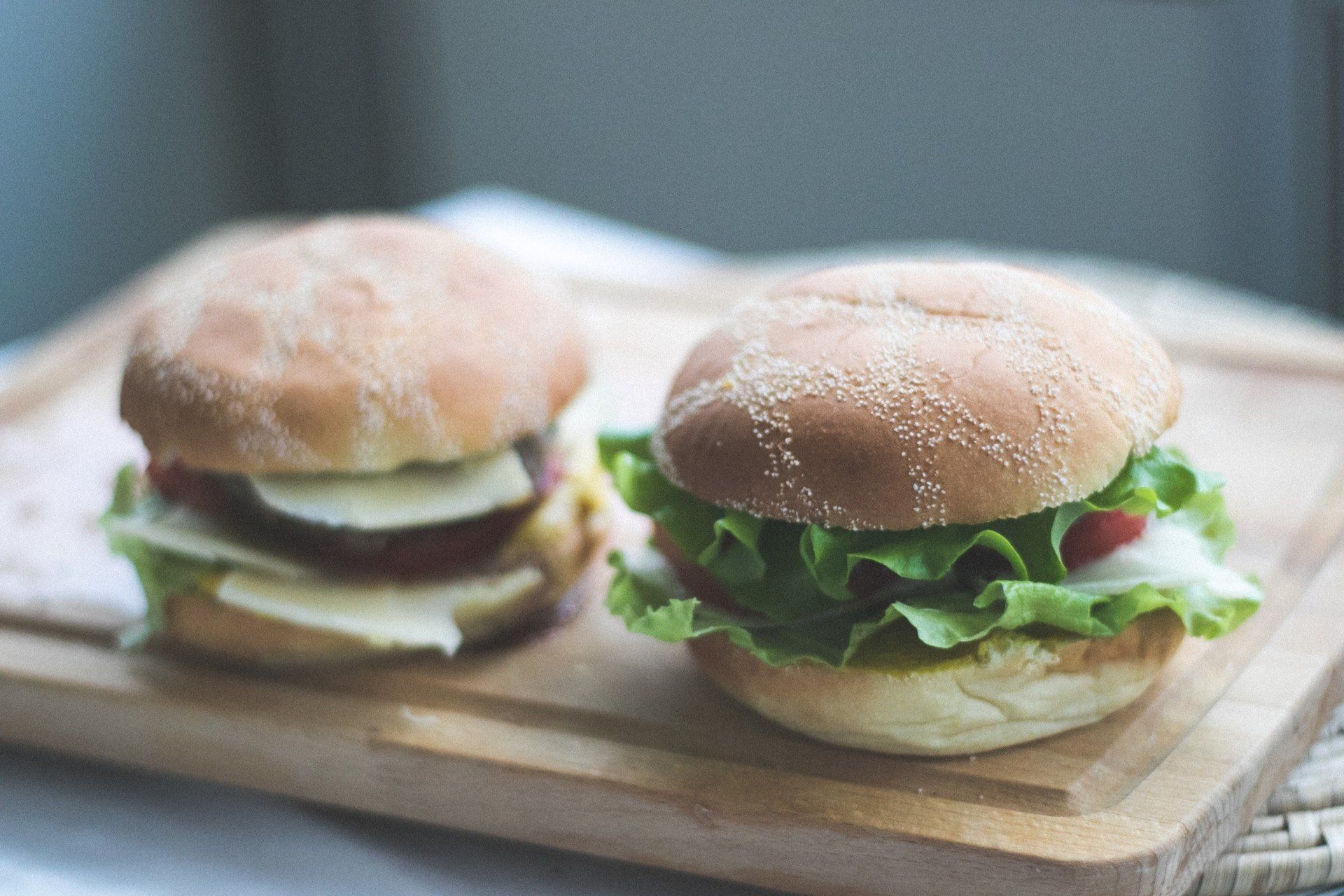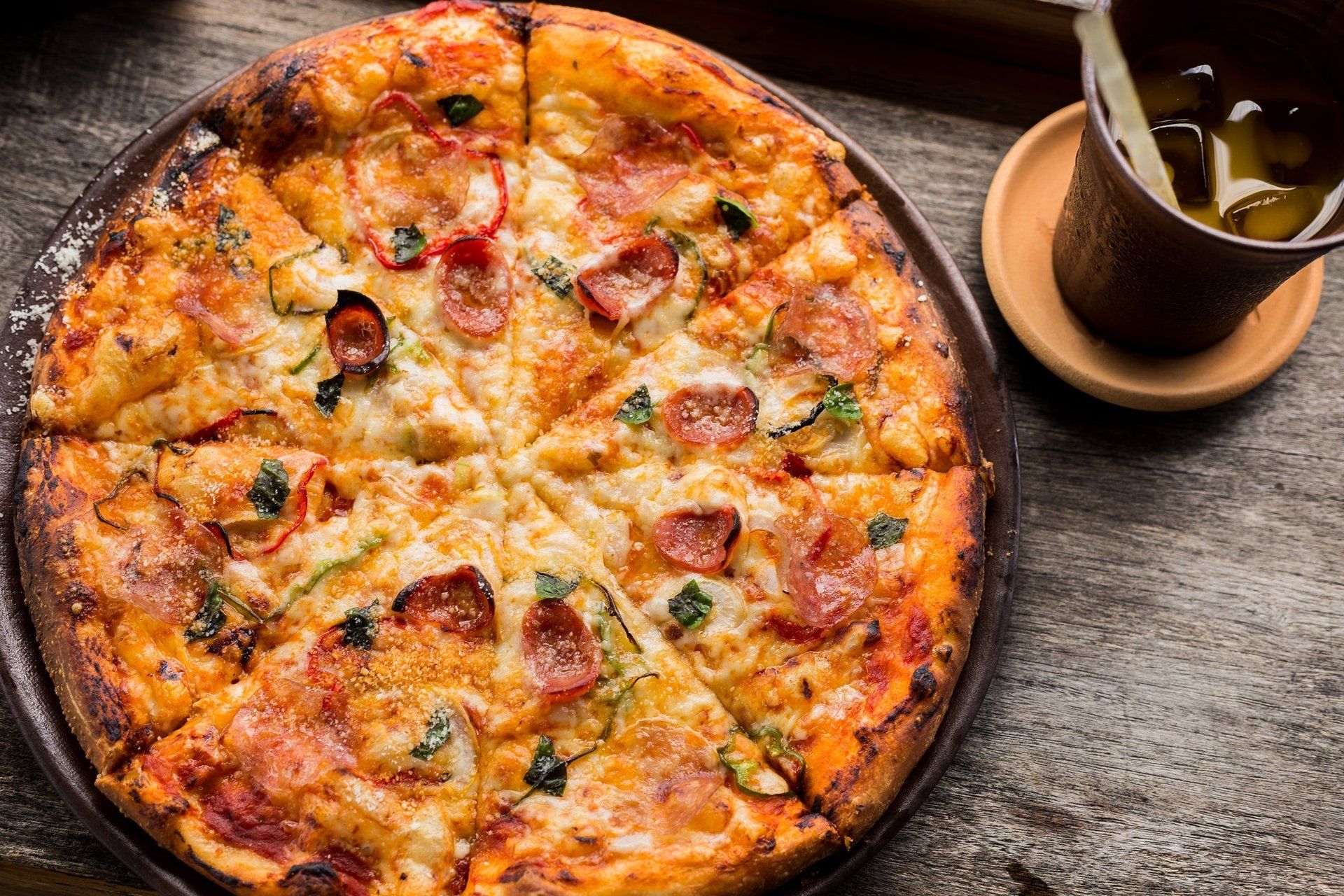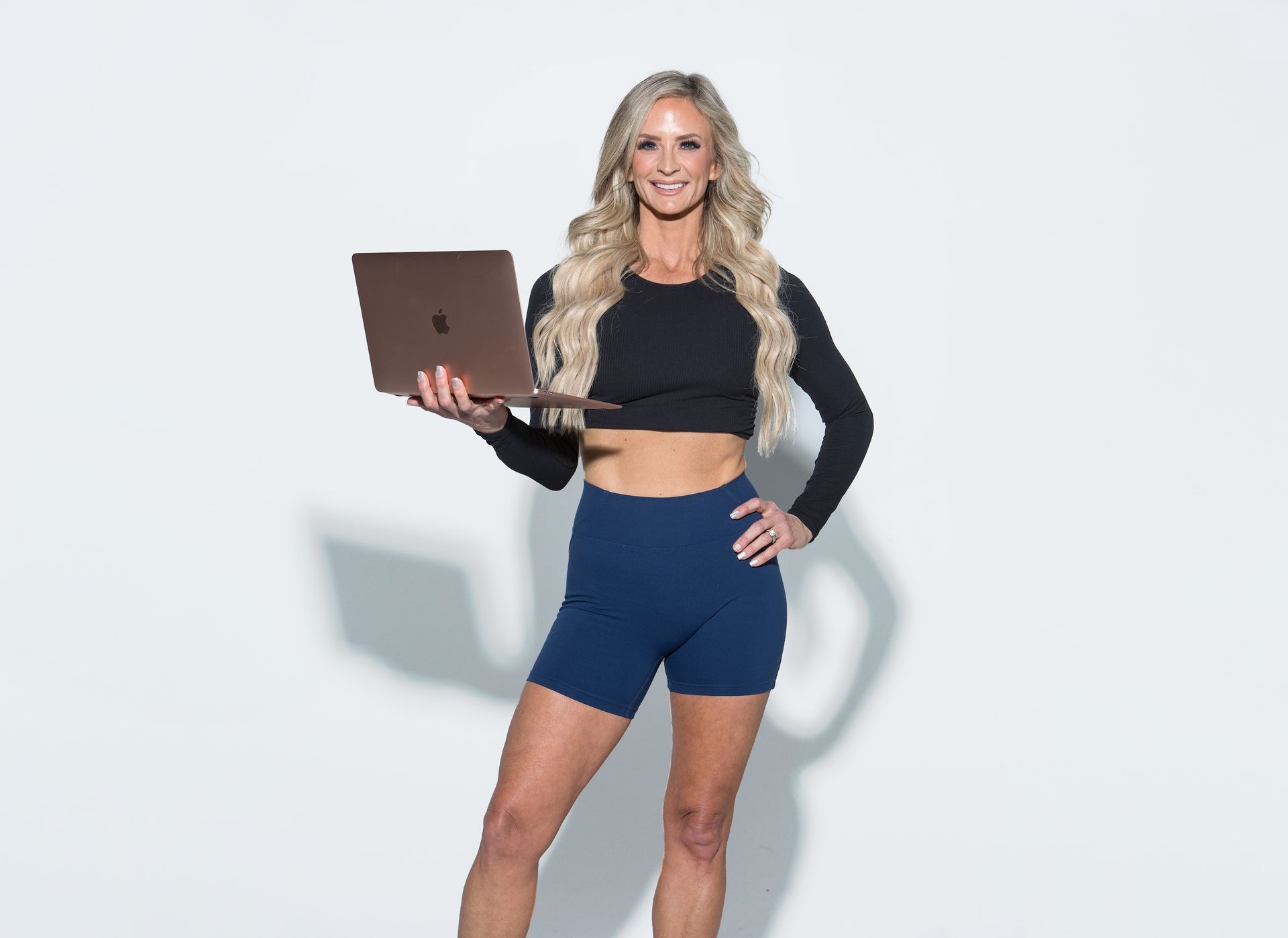
What is Flexible Dieting?
AKA "Tracking Your Macros"
Flexible dieting is not a diet , it is a lifestyle change that allows you to lose weight, increase performance, gain weight, and improve your health without restricting any foods. You will find that it is the most sustainable way to live. What you may not know, is that you can eat whatever you want to reach your goals. The main influence isn't about eating "clean" foods like so many believe, it is about eating the right amount. The only way to be successful is to eat in a way that you can sustain forever! Flexible dieting encourages you to eat foods you enjoy. Restore your relationship with food by allowing yourself to eat what you love and become educated!
There are NO RESTRICTIONS. Eating what you LOVE makes reaching your goals EASY!
Covering the Basics
Calories come from the food and drinks you consume every day. Your calories are the sum of 3 main macronutrients, often referred to as macros. When you track your macros, you ARE tracking your calories.
Macronutrients include:
- Protein
- Carbohydrates
- Fats
Alcohol has no nutritional value; however, with flexible dieting you will account for it in your daily intake. Alcohol is typically counted towards your carbohydrate intake.
Fiber is not considered a macronutrient, but it is very important for overall health so we track it as well.
How it Works
You will track your daily intake (calories and macronutrients) using an app or website. The app does all of the work for you. Simply enter the most accurate entry for the food you are eating in the app, measure the amount of food you eat and repeat this for everything you put in your mouth. You will have a target for protein, carbohydrates, fats and fiber to meet on a daily basis. These targets are specific to you and your goals. All you have to do is consistently hit your target macros and you will reach your goals - it's really that simple!
Why should you use Flexible Dieting?
Jenny Fit clients that use flexible dieting never feel like they are dieting because they aren't restricting themselves. They eat foods they enjoy AND they eat more than they have on any other diet. The goal is to eat as much as you can to reach your goal. Very few Jenny Fit clients eat less than 1,500 calories/day. Your plan will be specific to you! Regardless if you like to eat a cookie for dessert, eat pizza on Friday nights or eat chicken breasts and broccoli, you can have it all.
The problem with most weight loss programs is the extreme weight loss that occurs. You will lose a lot of weight quickly, lose muscle along with fat, not make lifestyle changes, gain your weight back, reduce metabolic capacity and make long term success very difficult to maintain. With flexible dieting, you are making a lifestyle change for long term success. Do you prefer fats? Then eat more fats. Do you prefer carbs? Then eat more carbs.Your SUCCESS comes down to the total CALORIES consumed in a 24-hour period. It does NOT matter if you are eating a high fat, low carb diet or high carb, low fat diet.
Flexible Dieting is for everyone.
Fast Facts:
- Eating "clean" won't make you lose weight.
- Eating less than your body needs (caloric deficit) will make you lose weight.
- Eating too much food (caloric surplus) will make you gain weight.
- There are no "super" foods.
- Eating whole foods will make you feel better.
- Eating a lot of processed foods will make you feel crappy.
- You do not need to detox your body. Our bodies do this on their own.
- Extreme weight loss isn't sustainable. Make it a lifestyle change.
- Invest some time to learn about the food you eat for long term success.
FOOD IS FUEL.
FOOD SHOULDN'T BE YOUR REWARD. IT IS YOUR FUEL.
FOOD IS YOUR PREVENTIVE MEDICINE.
Weight Loss Statistics
We don't have a weight loss problem in America. The problem is maintaining weight loss. Here are a few reasons so many dieters fail.
- Lack of nutrition education
- Confusing messages regarding foods to restrict
- Health improvement usually doesn’t motivate dieters
- Dieters tend to return to their previous eating habits
- Dieters feel like they failed if they deviate from a diet
For those who lose weight, the statistics are pretty awful regarding how many will gain their weight back. See the statistics below for the percentage of dieters who will gain their weight back:
- 1 year - 70%
- 2 years - 85%
- 3 years - 90%







